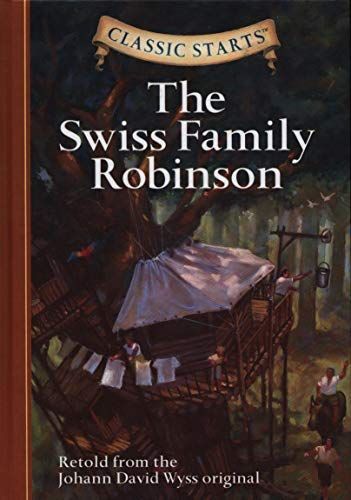
Reviews
Laura Mauler@blueskygreenstrees
Celeste Richardson@cecereadsandsings
caro@joecool
Maureen@bluereen
Elisabeth Bontrager@livingforjesus08
D VA@pneumatic
Damon Jablons @damo
Luca Masters@lkbm
Jane Mount@janemount
Utkarsh@g388
Andy@handyandy
Cat Josephson@themorrigan12
Morgan Holland@morgz
Amanda@tearex
Elyse Peter@elysecpeter
Jacalyn Boggs@ladyozma
Julia M@archionblu
Cal Desmond‐Pearson@social-hermit
Zoey Mikalatos@zoeymik
JF@joyfun
Kay Jamieson@kayjamieson
Erezado@erezado
m.@cardigans
Anna Campbell@ajcampbell